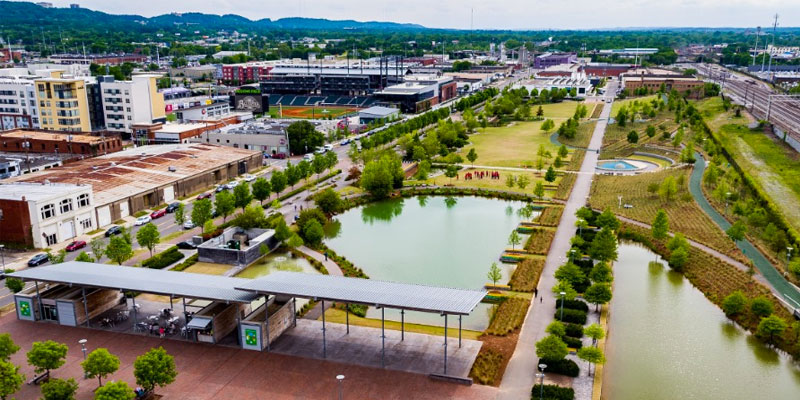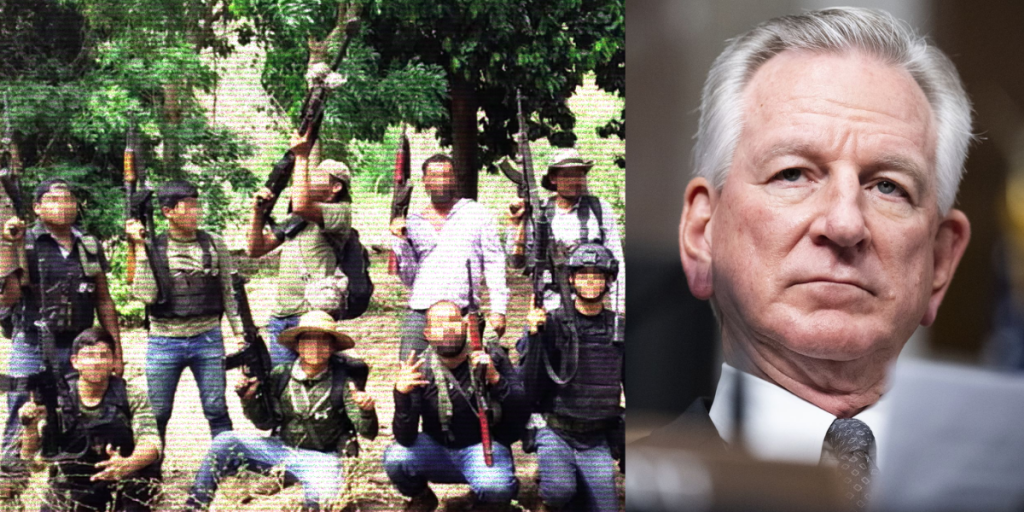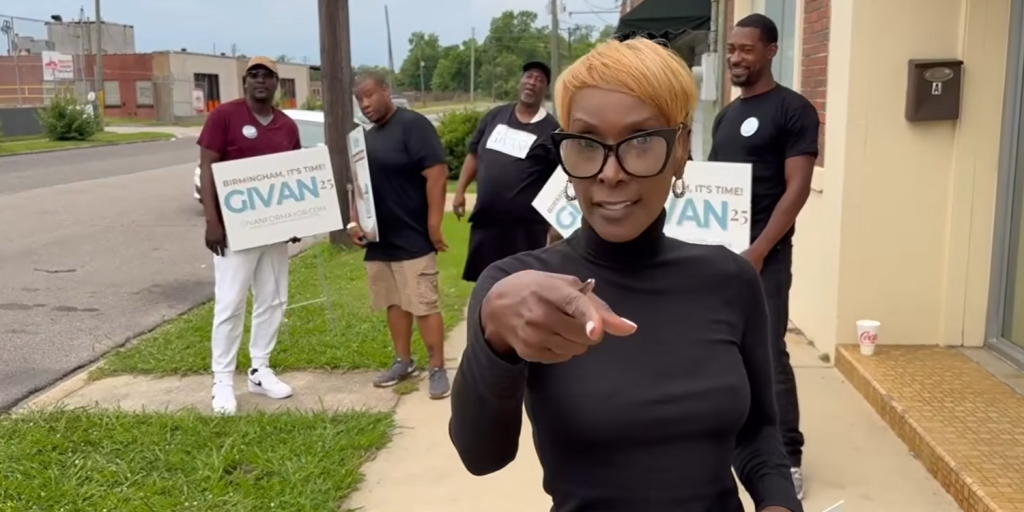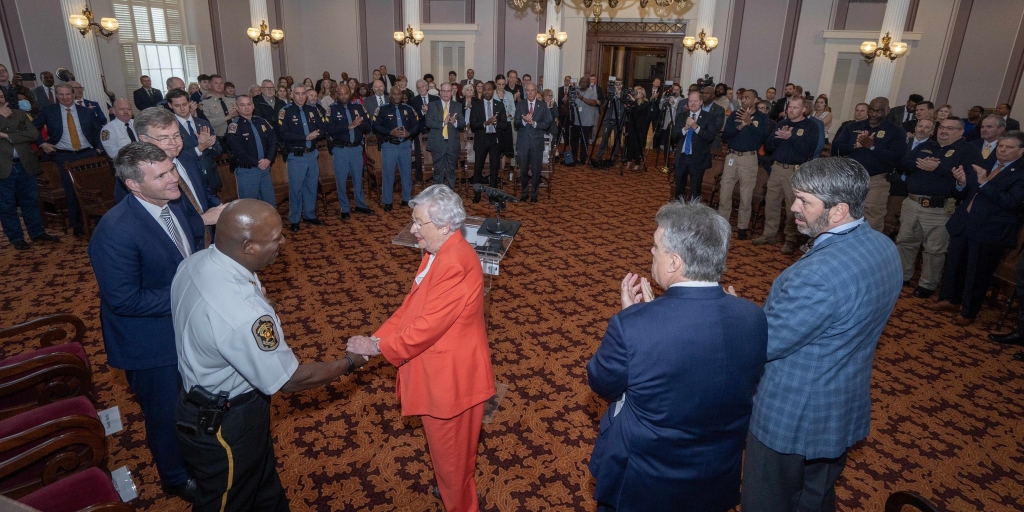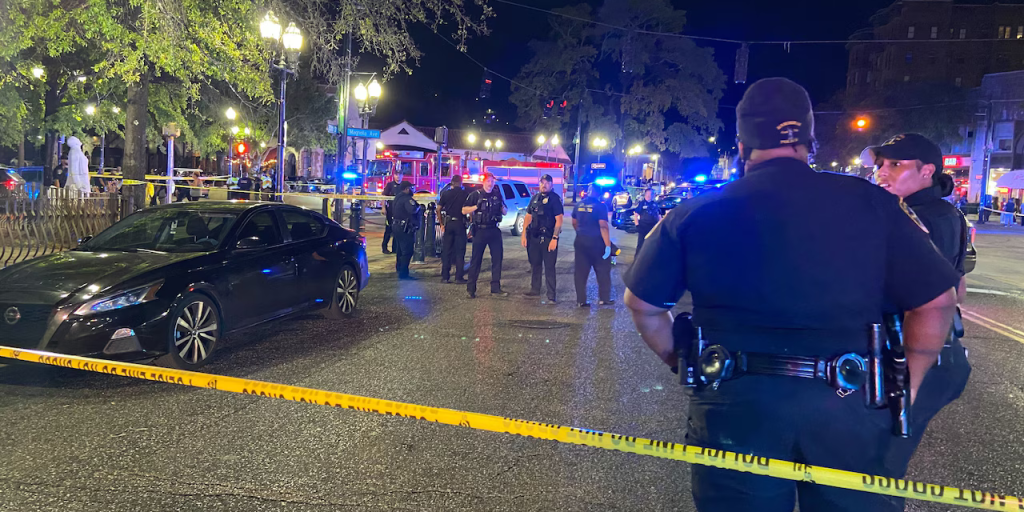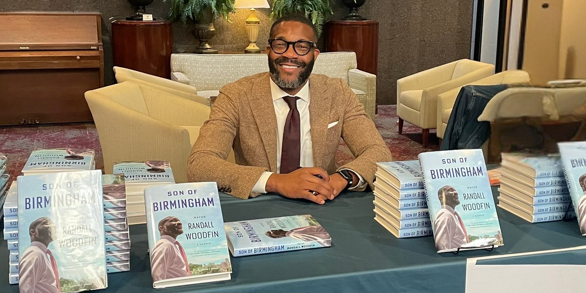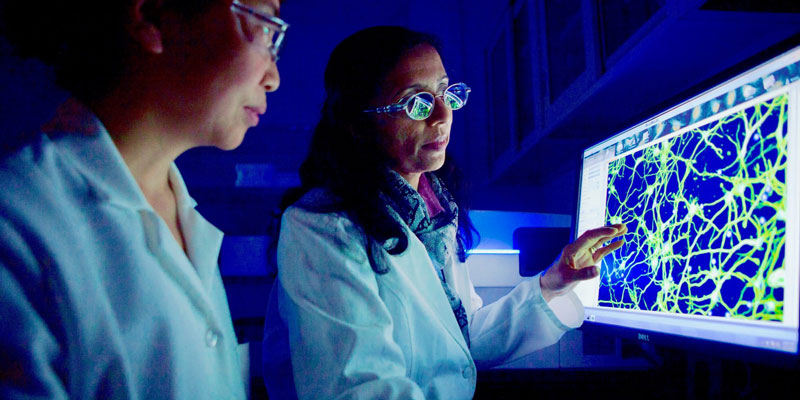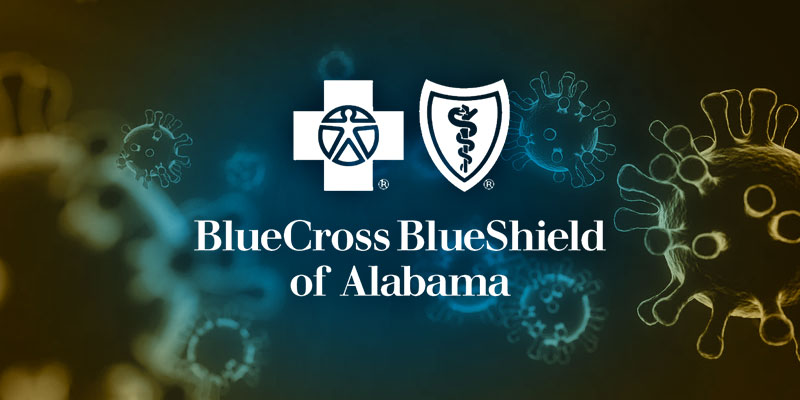While the inpatient hospital at UAB was down to only 38 coronavirus cases on Monday, the toll the crisis has taken on small businesses in the Magic City continues to deepen.
That is why Birmingham Mayor Randall Woodfin established the #BhamStrong program. The program is a public-private partnership seeking to bolster the sectors of Birmingham’s economy and its people most affected by the coronavirus shutdown.
On this week’s “Magic City Mondays” podcast, Woodfin said that even though he has sensed the fear and anxiety of his city, Birmingham’s small businesses have been ready to adapt.
“What’s good is I am encouraged by the spirit of our city,” he remarked. “Here in Birmingham we’re operating under a stay-at-home ordinance, and these are unprecedented times. But when I see the creativity and the ingenuity and the innovation that our small businesses such as our restaurants have created with their unique style of curbside pickup, and these lines of cars for folk to find a way to keep supporting our local economy. I’m encouraged by it.”
He believes the #BhamStrong effort has played a big part in making that possible.
“It’s an effort that signals the community’s resilience, even though we’re apart, together,” Woodfin stated.
Appearing on the podcast with Woodfin were Dr. Anthony Hood and Dr. Josh Carpenter.
Hood, a professor at UAB’s Collat School of Business, serves as director of civic innovation for the president of UAB. He has spoken with several small business owners and received feedback that the program is having an impact.
“Recovery has already started so we’re trying to make sure that our small businesses continue to thrive during this challenging time,” Hood explained.
Carpenter, director of innovation and economic opportunity in the mayor’s office, called small businesses “the backbone of our neighborhoods.” He outlined that most do not have the cash flow to get through more than two weeks of the type of isolation measures employed by the city to diminish the coronavirus outbreak.
He described #BhamStrong as the vehicle that the city and its partners can utilize to get through the crisis.
At the core of the program is a $2.4 million loan pool created through equal contributions from the city and the private sector. The program is administered primarily through the Birmingham Business Resource Center which can help small businesses obtain the bridge loan or provide guidance on how to apply for one of the federal government-backed Small Business Administration loans.
Carpenter says the work done by small businesses is felt throughout the community so it made sense to have a program specifically designed to support them.
“The reason why we called it #BhamStrong is because we know that it’s not just the small businesses that need to survive, it’s all of us who depend on small businesses every day,” he elaborated. “Small businesses and small business owners take more risk in the morning than most of us take all week. The mayor’s vision has always been that, to attack this crisis, we need to start first with protecting small business then we need to make sure we’re supporting our workers.”
Among the partners #BhamStrong lists are Shipt, UAB, Alabama Power Foundation, Protective Life, Spire, Altec, Ghost Train Brewing Co., Blue Cross Blue Shield of Alabama and many others.
The crisis has brought about collaboration between hospitals, businesses and within the school system which has sought to ensure students are fed and are learning outside of school, according to Carpenter.
“I’ve never seen more alignment and more purpose-driven interaction between partners and organizations in Birmingham than I have over the last several weeks,” he emphasized.
The program started when the mayor directed his office to conduct a survey to find out how many small businesses were in need of assistance. Carpenter said they have now received several hundred loan applications in what he termed a “very competitive” process.
According to him, 44 loans have been approved so far, and 60 more are currently under review. He said the goal is to begin dispensing funds this week.
RELATED: Shift to knowledge-based economy driving Birmingham’s workforce development efforts
Hood thinks the recovery process is already beginning to take shape at UAB.
“From the School of Business standpoint, we just, as of yesterday, got approval from the University of Alabama Board of Trustees to launch a major in entrepreneurship,” informed Hood. “And for me, in my mind, I’m thinking about once this is over I think that major in entrepreneurship is really going to be important to get people back to work. I think there are going to be a lot of new businesses that get started in the recovery process but also a refreshing of some of those businesses that may be on pause right now. It’s going to be all-hands on deck both now and in the recovery process at UAB.”
As the city moves forward looking to regain its previous economic momentum, Woodfin envisions these weeks and months becoming an important chapter for its people.
“Birmingham has a history,” he said. “Everybody knows it. It’s one filled with adversity but I think we’ll have a unique story to tell in 2020 as it relates to us continuing to uphold our legacy.”
Tim Howe is an owner of Yellowhammer Multimedia




